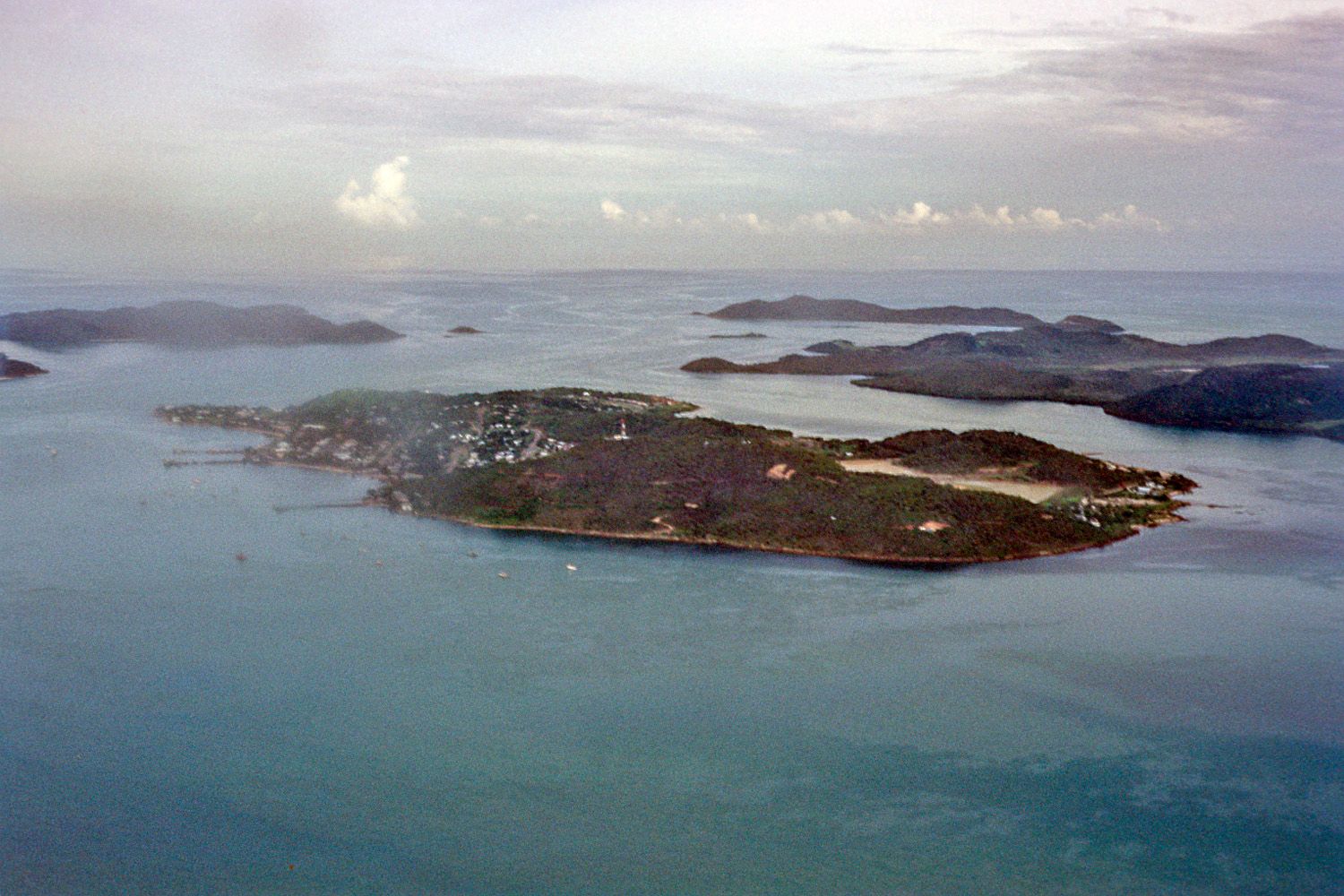
Human rights law scope and impact is increasing
Torres Islanders’ have won a legal case involving climate damage and their right to enjoy culture and family life
Summary: Torres Islanders’ have won a legal case involving climate damage and their right to enjoy culture and family life, opening up yet another avenue for legal challenge on human rights. We think this Australian case, especially when taken in the context of other examples, is part of trend that could make the direct impact of human rights breaches on future value generation much more visible.
Why this is important: This case, especially when taken in the context of other examples, is part of a trend that could make the direct impact of human rights breaches on future value generation much more visible. It also opens up interesting new avenues in terms of grounds for litigation against any entity which causes environmental degradation or does nothing to prevent it.
The big theme: There are many mandates that operate human rights exclusions, so for breaches deemed material, the investment cannot be made, or the position must be sold. That’s clear and easy. It’s all the other mandates where the challenge arises. Putting it rather bluntly, to make decisions about generating the required investment returns, investors need to be able to connect human rights breaches with some form of either share price decline or a deterioration in future value generation potential. We are heading for a situation where first countries and then companies, will see a very tangible negative financial impact if they don’t consider these issues in detail. And this goes deep down into their supply chains.

The details
Summary of a story from ABC.net:
During the September 2022 session the UN Human Rights Committee found that Australia violated the rights of Torres Strait Islanders' to enjoy culture and family life. The joint complaint was filed by eight Australian nationals and six of their children. All are indigenous inhabitants of Boigu, Poruma, Warraber and Masig, four small, low-lying islands in Australia’s Torres Strait region. The Islanders claimed their rights had been violated as Australia failed to adapt to climate change by, inter alia, upgrading seawalls on the islands and reducing greenhouse gas emissions.
In their complaint brought to the Committee, the Islanders claimed that changes in weather patterns have direct harmful consequences on their livelihood, their culture and traditional way of life. The Islanders indicated that severe flooding caused by the tidal surge in recent years has destroyed family graves and left human remains scattered across their islands. They argued that maintaining ancestral graveyards and visiting and communicating with deceased relatives are at the heart of their cultures. In addition, the most important ceremonies, such as coming-of-age and initiation ceremonies, are only culturally meaningful if performed in the community's native lands.
Let's take a look at why this is important...
Why this is important
One of the comments we frequently hear is that it’s hard to integrate human rights issues into an investing framework. It’s important to be clear what is meant by this. The people we talk with don’t mean that they think that human rights is not an issue they need to be aware of, and that breaches of human rights, by countries and by companies, are somehow unimportant and can be ignored. It’s much more specific than that. Put simply, it relates to how do they use this information in their day to day investing decision making.
Starting with first principles, unless they are instructed otherwise by their clients, their task as investors is to deliver the best investment returns within the constraints of a particular mandate. There are many mandates that operate human rights exclusions, so for breaches deemed material, the investment cannot be made, or the position must be sold. That’s clear and easy. It’s all the other mandates where the challenge arises. Putting it rather bluntly, to make decisions about generating the required investment returns, investors need to be able to connect human rights breaches with some form of either share price decline or a deterioration in future value generation potential.
So why the long intro ? Because we think this Australian case, especially when taken in the context of other examples, is part of a trend that could make the direct impact of human rights breaches on future value generation much more visible. Some of this could be via compensation, but perhaps more importantly, countries could be “forced” to take action against companies, either banning some operations altogether or at a minimum, imposing limitations of their operation.
Our view is that we are heading for a situation where first countries and then companies, will see a very tangible negative financial impact if they don’t consider these issues in detail. And this goes deep down into their supply chains. Watch this space.
It is important to recall that the entity being held accountable here is the Australian State. States are the duty-bearers that can be held accountable in front of the Committees. What has been adjudicated is that the Australian government did not live up to its obligation to protect the Islanders from adverse effects of actions by a number of actors - including addressing greenhouse gas emissions by private companies.
It is a landmark decision because the right to enjoy culture and family life has up until now not been used to hold entities accountable for environmental impact. The choice of which right to base the complaint on is extremely interesting because it extends beyond what has up until now been the most common approach which has been to link environmental degradation to violations of the right to life, exploitative work, land and property and housing. But there are also some limitations in this decision. The Committee took into account the Islanders’ close, spiritual connection with their traditional lands, and the dependence of their cultural integrity on the health of their surrounding ecosystems.
What happens next. The Australian government now has 180 days to report on the measures taken to implement this decision. Some of the actions could be straightforward, including seawall protection, but others could require material changes to the countries environmental and net zero plans and actions. It’s also not clear what happens if no or insufficient action is taken.
This case opens up interesting new avenues in terms of grounds for litigation against any entity which causes environmental degradation or does nothing to prevent it. In turn this is likely to make States more willing to take action against companies who may be infringing on rights which up until now may have been seen as marginal to the environmental debate.
Something a little more bespoke?
Get in touch if there is a particular topic you would like us to write on. Just for you.
Contact us
Please read: important legal stuff.

